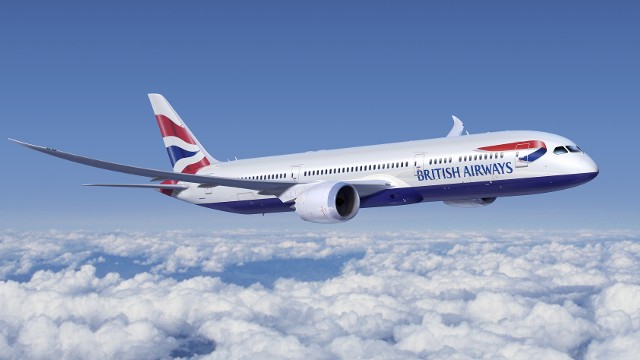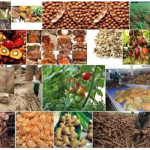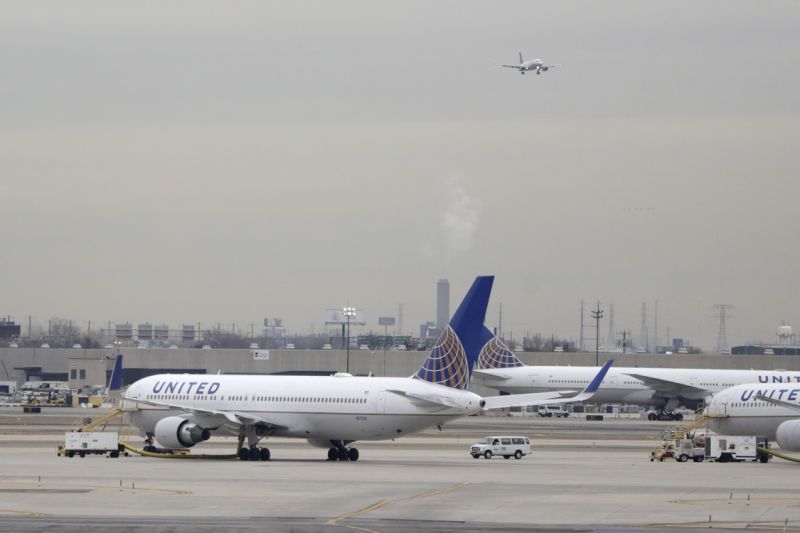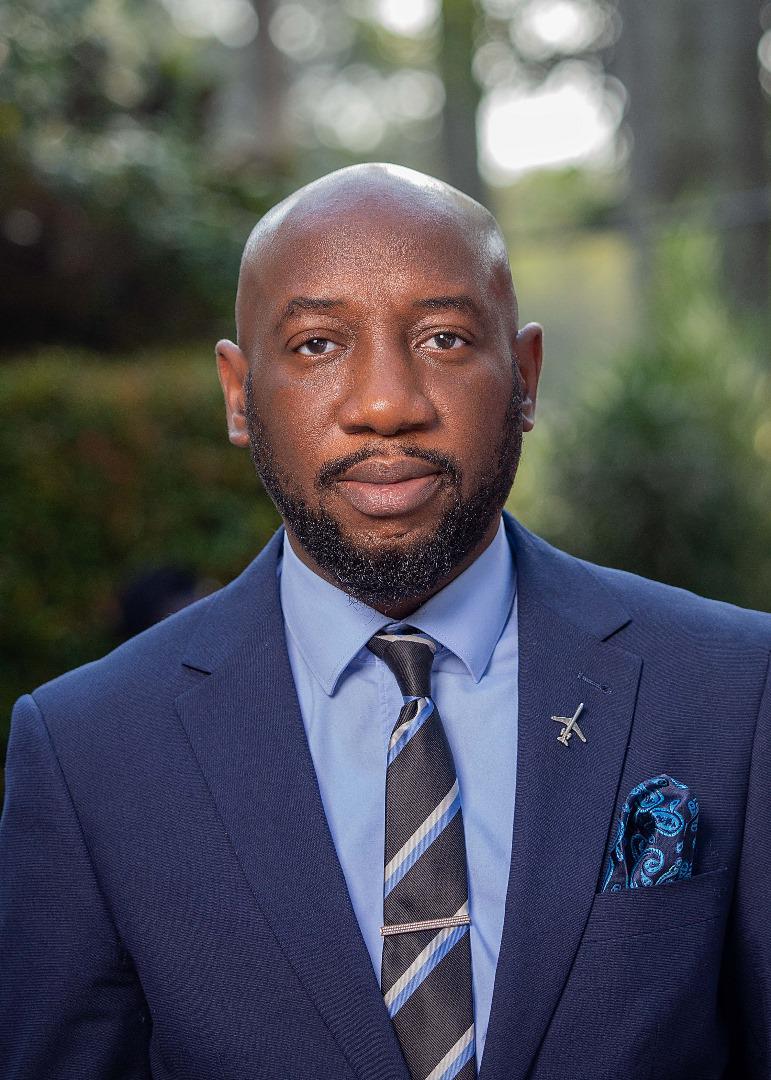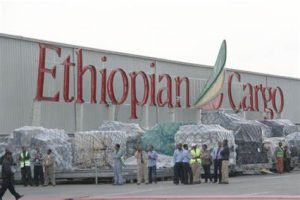
Despite the recent payment of $61 million (N66 billion) to foreign airlines by the federal government as part of their revenue trapped in Nigeria, international carriers still charge Nigerians outrageous fares for international travels, THISDAY can report.
Before the federal government paid the $61 million, trapped funds in Nigeria had risen to about $800 million.
According to aviation experts, the effort is an indication that the Nigerian government has not taken the payment of the trapped funds as priority.
The experts are of the view that Nigeria could offset the debts within a short period if it really wants to.
Speaking on behalf of travel agencies in the country, the President, National Association of Nigeria Travel Agencies (NANTA), Mrs. Susan Akporiaye, said the $61 million paid to airlines would not make any impact because it is less than 10 per cent of the trapped fund.
“Such meager payment will not make the airlines to introduce their lower inventories that would have brought down the cost of international fares,” Akporiaye said.
She explained that even if the airlines introduced their lower inventories, airfares would still be high due to the exchange rate and the low value of the naira, decrying that the Nigerian currency has so depreciated that any expenses involving foreign exchange will obviously be high.
“We have to look at it holistically. Our trapped funds were over $800 million and what they have gotten is $61 million, which is not up to 10 per cent and that is probably why nothing has changed. If they had at least gotten up to 50 per cent of their trapped funds, maybe there would have been a considerable change, but so far, nothing much has changed.
“But then again, there are two things involved when it comes to the issue of the price of tickets: The inventory sales when the tickets are not available for sale and the issue of foreign exchange. Even when all the airlines release their inventory, it is still not going to be cheap. For instance, Turkish airline has released all the classes of their tickets but it is still not cheap because a $500 ticket is over N600, 000, unlike before when a $500 ticket was N250, $1,000 ticket cost between N500, 000 to N600, 000. But now, the same ticket is about N1.1 million,” she said.
She also decried the fact airlines use the ‘I and E’ window like other organisations that need foreign exchange.
This, she suggested, is a breach of part of the Bilateral Air Service Agreement (BASA) between Nigeria and airlines’ as host country.
Under BASA, she said Nigeria is obliged to remit airlines revenue in foreign currency at official exchange rate.
She also insisted that even if the federal government pays 50 per cent of the trapped funds it would not still influence the price of ticket significantly until the naira begins to gain value against international currencies.
She acknowledged that if the trapped funds were paid off, airfares would definitely come down.
“Even if the Central Bank of Nigeria (CBN) pays the airlines 50 per cent of the trapped funds and all the airlines release their lower inventories, let us not celebrate too much because it will still not be as cheap as people expect it to be because of the exchange rate. Before, Turkish Airline was selling only the highest economy ticket, which was between N2.7 and N3.5 million depending on the destination, but now, because they have released all their inventories, you can now get a ticket at N1.2 million. You can also get at N900, 000 and N850, 000. When people talk about cheap tickets, they are probably looking at last year’s rate when you could get tickets at N500, 000 or N600, 000 but you can’t get any ticket at that amount again, the cheapest you can get is N800, 000,” she further said.
The International Air Transport Association (IATA) is irked that Nigeria is holding the highest amount of the trapped revenues of foreign airlines and at different fora had insisted that Nigeria has not seen the payment of the funds as a priority because the country could robustly summon enough funds to remit all the trapped funds to the airlines.
THISDAY


